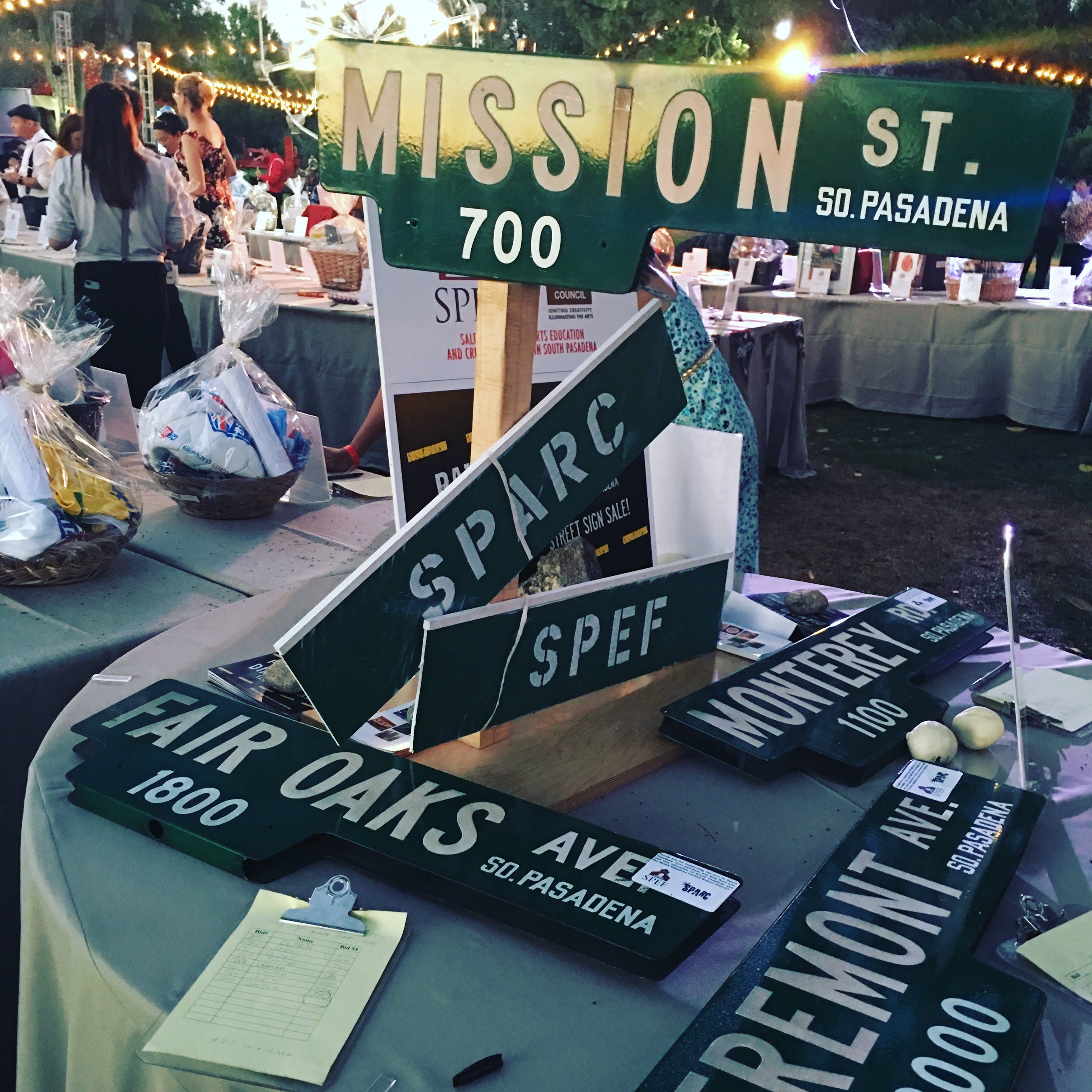Priorities
Government Accountability: A Call for Community-Centric Leadership
Our government's primary responsibility should be to address the evolving needs of our community. In 2019, I witnessed city leadership misuse code enforcement, breach ethical boundaries, and wield government power against a single mother impacted by the city's negligent public works management. Instead of addressing the underlying infrastructure issues that led to a 36-hour sewage spill from the city's main sewer line, the city accrued over half a million dollars in legal fees. This not only caused irreparable harm to a beloved community volunteer and her three children but also left the city non-compliant with a multi-million dollar environmental consent judgment from the State.
This blatant abuse of power and disregard for residents compelled me to investigate further. What I found was a growing dysfunction within city hall: dismantled departments, weakened internal controls, disempowered oversight commissions, misuse of the Brown Act, disregard for the Public Records Act, excessive permitting delays, plans to outsource public safety and community services, and a pervasive sense of discontent and fear among residents.
Over the next four years, I collaborated with community advocates to restore our city's integrity. Our advocacy led to crucial leadership changes to stabilize City Hall. However, council members who promised change instead obstructed meaningful reforms. The 2020 Finance Ad-Hoc's recommendations for internal financial review and controls were dismissed, hindering efforts to stabilize city finances.
We now face a critical juncture as we prepare for development to meet the State's housing requirements. Our community and local economy have yet to fully recover from the pandemic's impacts. The finance department remains in disarray, failing to produce financial reports for over seven years, impeding sound long-term planning. Residents, developers, and business owners experience costly delays in the planning and permitting process. Staffing shortages in crucial departments persist, capital improvement projects remain unfinished, and appropriate community engagement and commission oversight have not been restored. Distrust in the community planning process and frustration with infrastructure delays remain high.
As we look to the future, it is imperative that we unite as a community to ensure South Pasadena grows in a way that welcomes new residents and opportunities while preserving and enhancing the small-town qualities we cherish. Together, we can build a brighter future for all.
SPEF/SPARC 2017 Street Sign Fundraiser, “Pathways to Art”
-
Vision: Create a community where services, assistance, and resources are accessible, inclusive, and responsive to the needs of ALL residents.
Key Initiatives:
Enhanced Public Spaces: Invest in our parks, library, streets, and recreational facilities to promote community engagement and well-being, along with further uplifting the small town character of South Pasadena.
Health and Wellness Programs: Expand access to health services, connecting residents with mental health resources, preventive care, and wellness programs.
Educational Support: Partner with local and regional organizations to provide vocational training, skills development, health and financial literacy, and start-up support.
Public Safety: Strengthen community policing efforts through partnerships between the public safety department and community stakeholders to foster trust and collaboration to proactively address community issues. Provide resources and training for mental health and crisis intervention calls and promote neighborhood watch programs to ensure a safe environment for all residents.
-
Vision: Ensure taxpayer dollars are spent wisely and that city operations are transparent and accountable to the public.
Key Initiatives:
Balanced Budget: Commit to a balanced budget that prioritizes essential services and long-term planning, where budget revenues equal expenditures.
Transparency Measures: Implement regular public audits and financial reports that are easily accessible to residents.
CIP Projects Monthly Report: Require a bimonthly matrix of active CIP projects prepared by the Public Works Department and presented to the Council, Public Works Commission, MTIC and public to report briefly on ALL active CIP projects’ progress, percent completion, challenges or issues, and proposed solutions to potential delays.
Community Engagement: Offer more civic opportunities for residents to assist their community through the establishment of advisory boards and to hold town hall meetings that empower residents and assist the City Council to affect meaningful changes during budgeting, planning, and policy decisions.
Oversight: Empower Commissions and establish an Ethics Committee to provide strong oversight, ensuring city officials act in the best interest of the community.
-
Vision: Make the city more affordable for ALL residents, particularly working families, seniors, young professionals, and small business owners.
Key Initiatives:
Reduce Costs: Promote initiatives to address inefficiencies and reduce costs that are otherwise passed onto the community through rate and fee increases.
Planning and Permitting: Streamline the building and business permitting process to reduce costly delays and support the development and maintenance of properties and businesses. Online permitting for ministerial activities like replacing a toilet, upgrading electrical, etc.
Local Business Support: Provide support for small businesses to ensure a vibrant local economy that offers diverse job opportunities. Increase coordination efforts with county or state business departments that have grants and free advice to start up businesses.
Low-Income Assistance: Expand programs to help low-income families with access to support services.
Affordable Housing: Support the development of affordable housing projects (including adaptive reuse housing, ADUs, and junior ADUs) and provide incentives for developers (and in particular, non-profit developers) to include affordable units in new developments.
-
Vision: Collaborate with neighboring municipalities and regional bodies to address common challenges and opportunities.
Key Initiatives:
Inter-City Collaboration: Partner with nearby cities on projects that have regional benefits, such as infrastructure improvements and environmental initiatives.
Transportation Networks: Work with regional partners in Pasadena and Alhambra to improve connectivity and reduce traffic congestion along the Fremont and Fair Oaks Corridors.
Economic Development: Coordinate with regional economic development agencies to attract businesses, support the local economy, and create jobs.
Environmental Stewardship: Collaborate on regional environmental efforts, such as water conservation, green energy projects, and pollution reduction.

